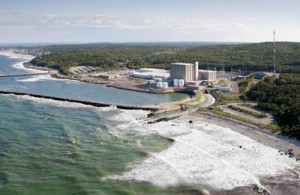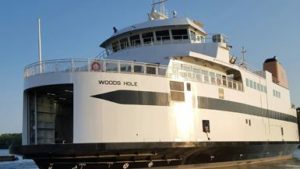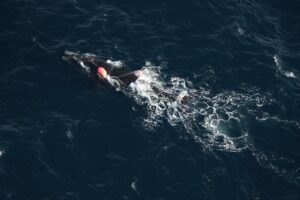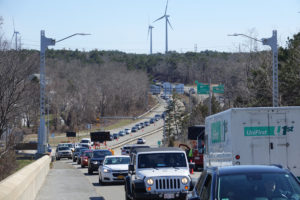
COURTESY PILGRIM NUCLEAR POWER STATION
PLYMOUTH – During this week’s meeting of the Nuclear Decommissioning Citizens Advisory Panel, lawmakers reiterated their promise that no radioactive water related to the shutdown of the Pilgrim Nuclear Power Station would be dumped into Cape Cod Bay.
But decommissioning company Holtec International said it is evaluating all options.
Part of the state delegation in the meeting included Plymouth/Barnstable State Senator Susan Moran, who emphasized her and other lawmakers’ role to safeguard public safety and natural resources.
“Holtec agreed not to dump one million gallons of radioactive material into Cape Cod Bay for the year 2022. I wanted to speak tonight to say we will never allow the dumping of radioactive material into Cape Cod Bay,” said Moran.
Her statement echoes remarks made by other legislators including Senators Ed Markey and Elizabeth Warren in a letter to Holtec International, as well as a letter of opposition made by Town of Mashpee officials recently.
First Plymouth District State Representative Matt Muratore said that he and other lawmakers have been meeting with agencies including the state Department of Environmental Protection, Department of Public Health and the Attorney General’s office on the potential water disposal and plan to continue the cooperation moving forward on the issue.
Muratore said that a previous memorandum of understanding involving Holtec may have details that affect the disposal of the water, which he hopes to see the attorney general’s office review.
“I think that is probably the better way to go, trying to look at how to transport this to try and make it safer for everyone. But let’s be realistic about it, when you’re dealing with radiation, nothing’s really safe. So there’s risk in all of them,” said Muratore.
“We do have a great concern with the marine fisheries. Particularly the oyster bays along Plymouth and Duxbury, and what happens to the sediment with whatever is in that water. There’s a lot more facts that we need to gather.”
Holtec’s response to the concern issued in December outlined three potential ways that the water could be taken care of including dumping it in the bay, such as evaporation or export to a special treatment plant out-of-state.
Senior Compliance Manager with Holtec David Noyes said that the company will continue outreach to the public on the entire decommissioning process, and that no decision has been made on the disposal method.
Further testing of water samples to determine water quality is also being undergone, according to Noyes.
Noyes added that any solution utilizing heavy trucking or evaporation may require the use of large amounts of fossil fuels, for both transport or forcing evaporation.
“I want to reiterate that no decision has been made. We are actively evaluating all three options and the decision will ultimately be made based on science,” said Noyes.




















